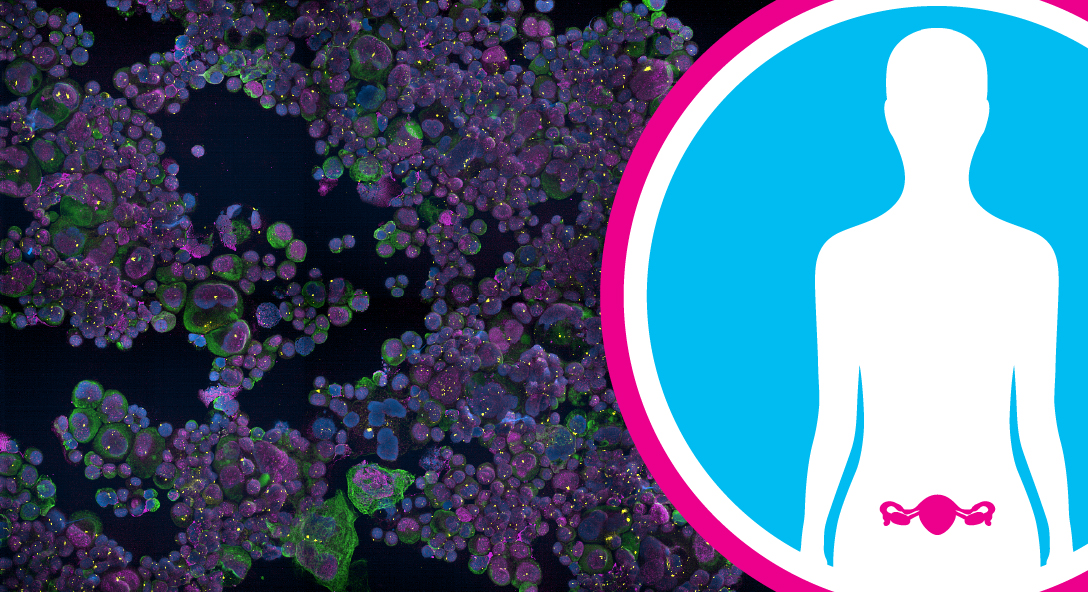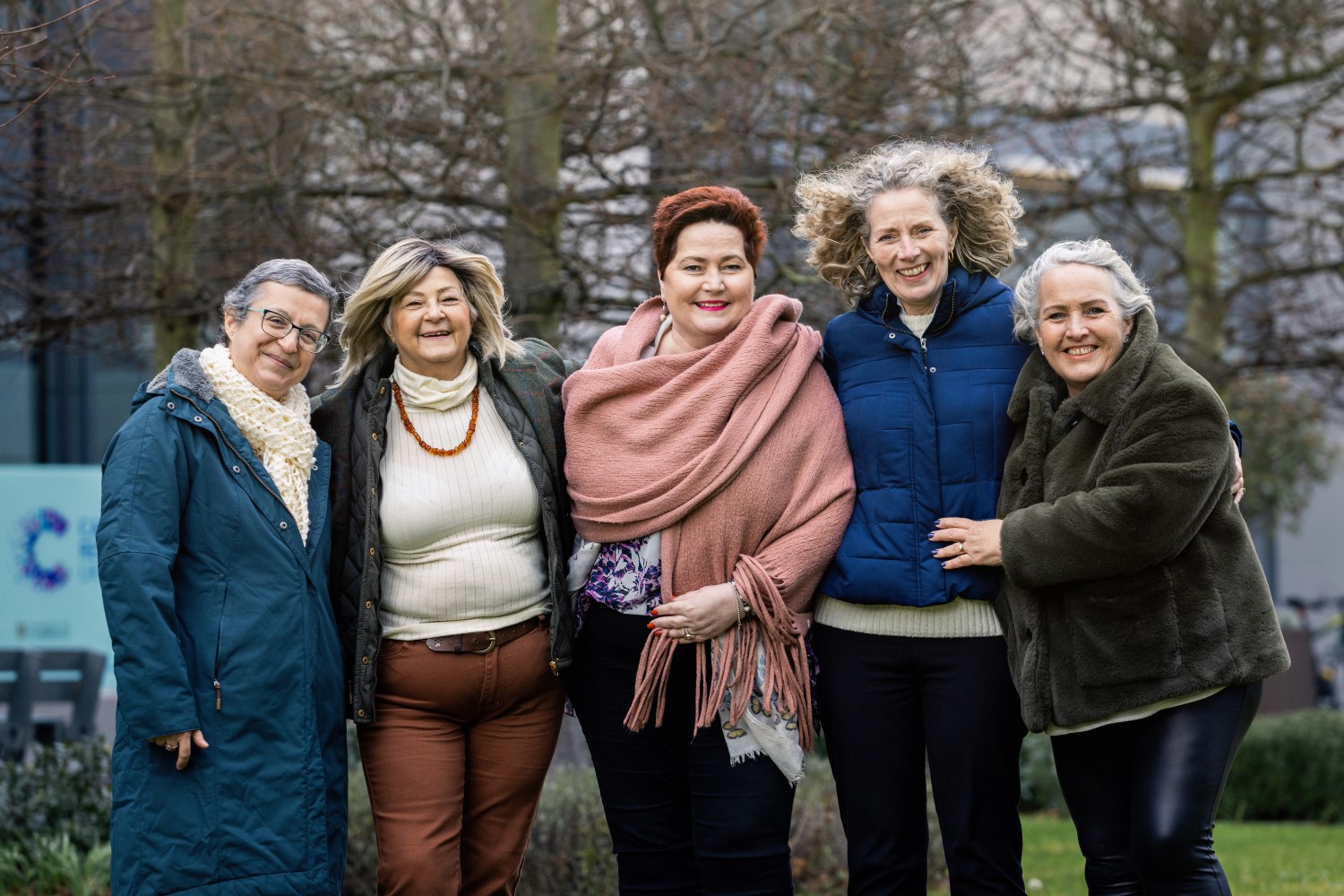Ovarian Cancer
Advanced ovarian cancer is difficult to cure. Most patients are free of the disease after completing initial surgery and chemotherapy but the cancer usually comes back. This is because resistance to chemotherapy develops. Scientists are studying the genetic changes that occur in tumours to understand what causes cancer cells to become resistant to drugs. They are also using new imaging technology so they can monitor how tumours are responding to treatment and whether they have spread to other parts of the body.

Studies in high grade serous ovarian cancer, using circulating tumour cell DNA (ctDNA) and tissue samples from patients that have relapsed, are providing information regarding common pathways that might be associated with resistance. Analysis of circulating tumour cell DNA (ctDNA) may provide a rapid and sensitive indicator of response and tumour change during treatment. Studies of plasma samples, alongside clinical data from a large number of patients, are being examined to see if there is a positive correlation of particular mutations with response or treatment resistance.
Paclitaxel is widely used to treat ovarian cancer but only about half of patients benefit from it due to drug resistance. The mechanisms of resistance are being studied by collecting and analysing tumour samples, both before and after treatment. This information is being used to help develop novel therapeutic approaches to identify whether patients will respond to paclitaxel before they start treatment.


















